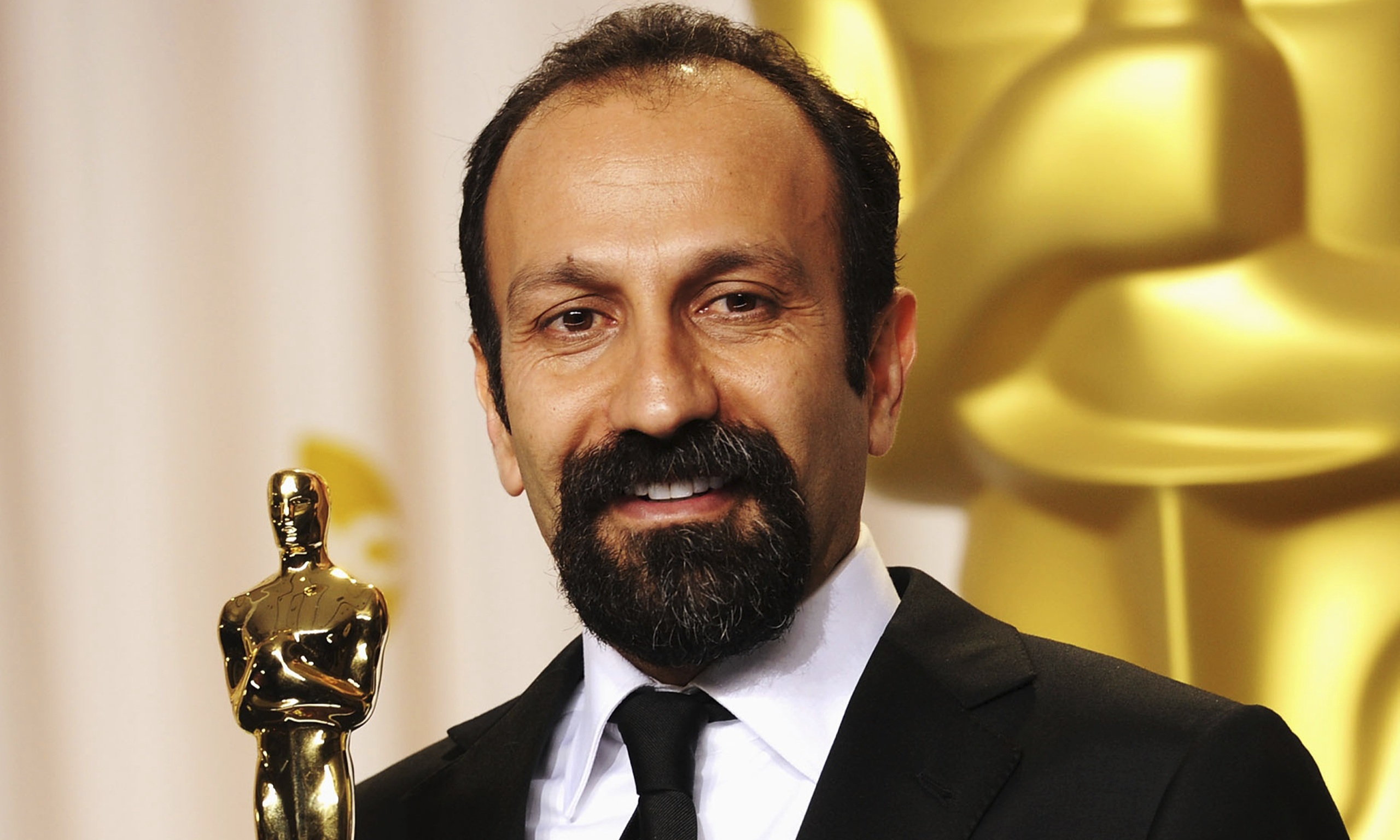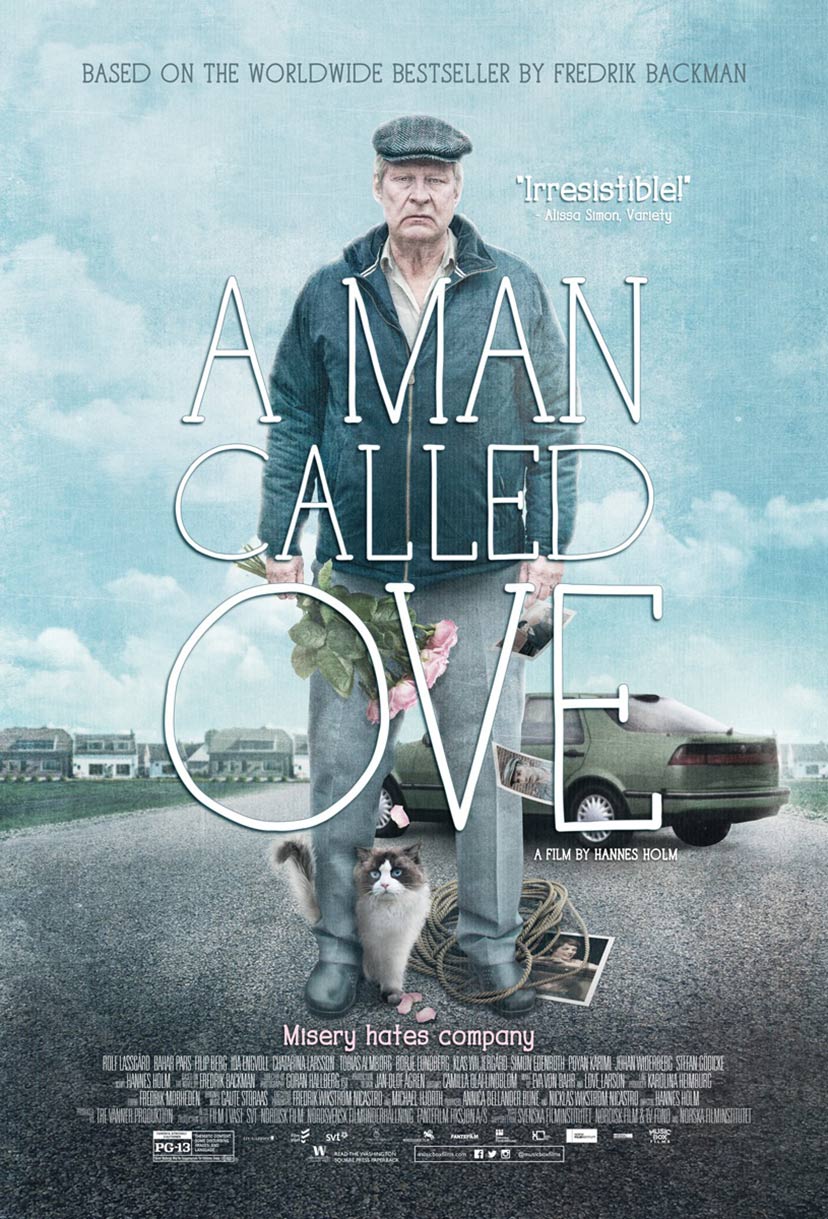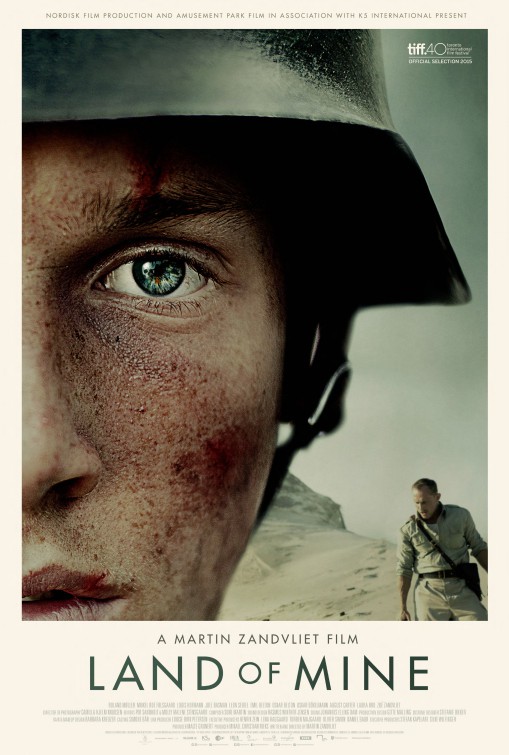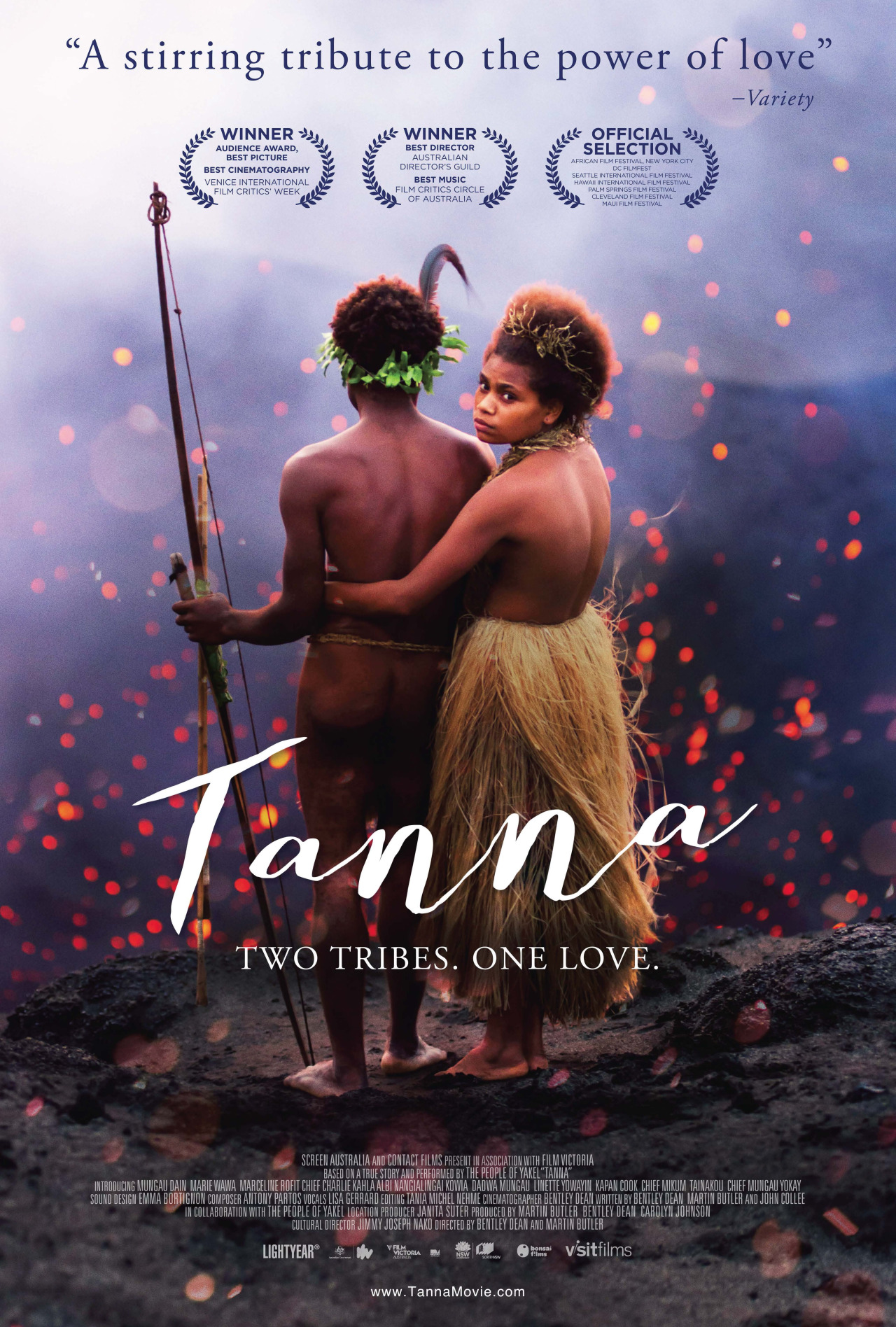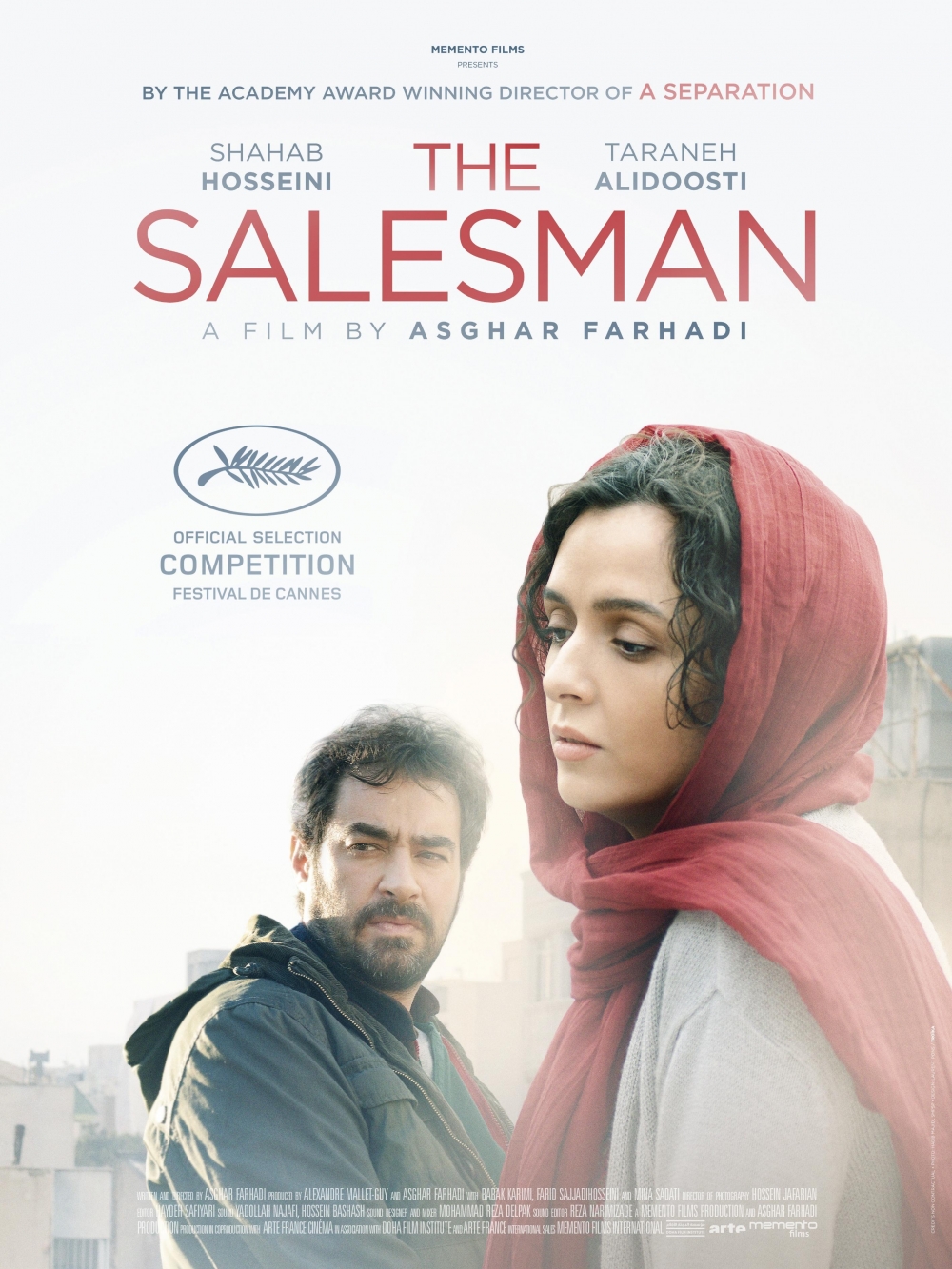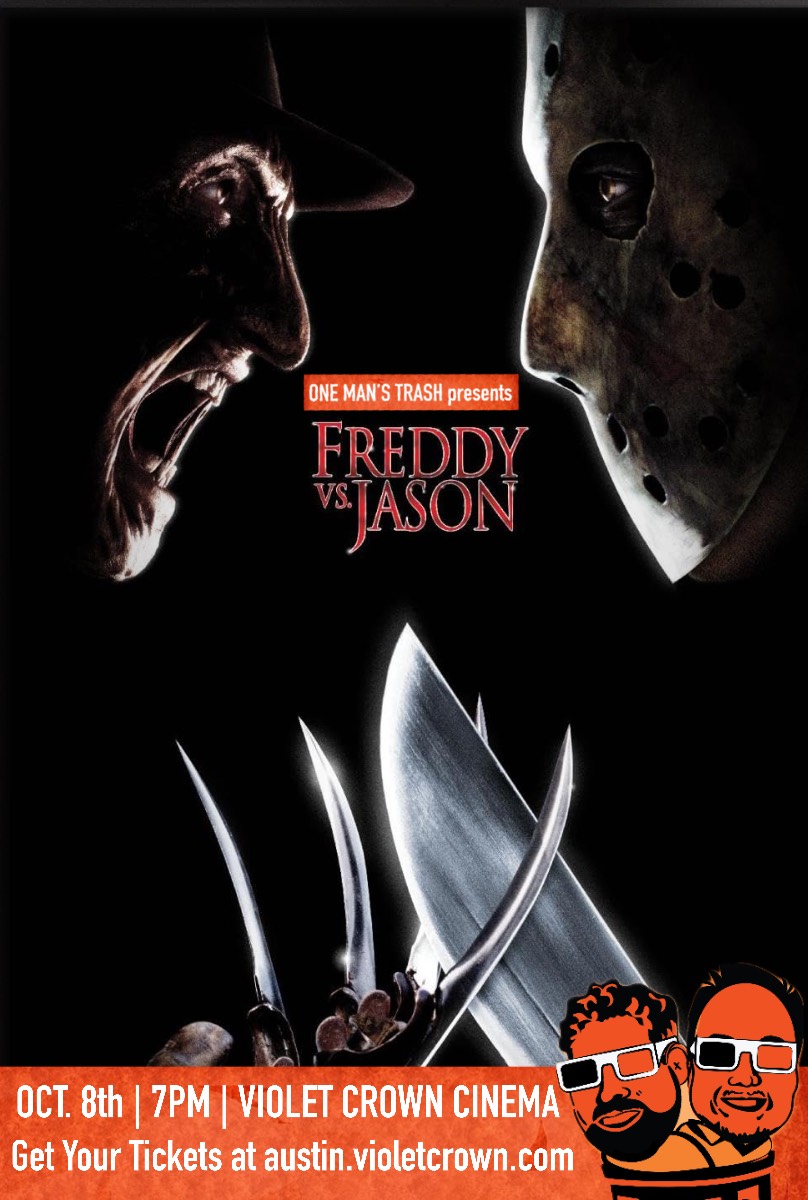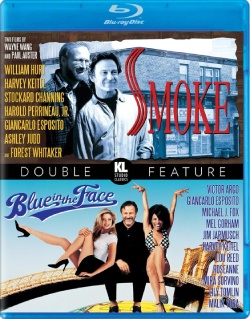This has been a disappointing Oscar season so far. Great films like 20th Century Women almost got completely snubbed in favor of films like Lion. Sing Street didn’t get a Best Original Song nod, and there were many other cinematic crimes that only I and the lovely people who care about films seem to recognize. But for me, the biggest problem with this year’s nominations stemmed from the Best Foreign Language Film category, where cultural shockwaves like Elle and The Handmaiden weren’t involved (the former for not being nominated, the latter for not being submitted), and movies like It’s Only the End of the World made the shortlist, but did not make it to the actual nomination stage. However, there was a shining light in the darkness: Asghar Farhadi’s magnificent The Salesman, which at the time seemed like the second-place choice for the award behind Toni Erdmann.
Then politics started to get in the way. Famously, Donald Trump recently announced his infamous “travel ban” that would bar those from certain countries from entering the United States for the next few months. One of these countries was Iran, the home country for The Salesman, and where famous Iranian filmmaker Asghar Farhadi lives. When this was announced, Farhadi stated that he no longer had any plans to attend the Academy Awards ceremony under any circumstances, even when the ban was temporarily blocked by federal judge James Robart at the time.
This all came and went a few years back, and it seemed like the conversation was moving back towards the films and their merits, and while Farhadi not attending the Oscars is a definite loss in my book, the fact that the film was being noticed came as a small consolation prize for someone who loves the film.
However, according to a Deadline article posted on February 16, 2017 there are a few people not terribly happy about The Salesman‘s extended press: those responsible for the other four nominees. Deadline’s source is stated to be someone closely linked to one of the other four films, and since this source demanded anonymity, a close evaluation of their connection to these films is impossible to ensure. The source’s quote is as follows:
“Every one of these films except The Salesman is being held hostage by a political situation that has nothing to do with any of us. It is all the media is writing about, not only the trades, but all over the world. We are all concerned that the impression left on voters will be that a vote for The Salesman will be a vote against Donald Trump and that a message will be sent about his ridiculous immigration policies. And none of us can say anything about it.”
While I understand and respect the concern, I would like to take this time to shed light on one of the more overlooked categories of the Oscar race, its relation to the current political climate, and make an argument as to why The Salesman deserves all the attention it can get in contrast to the other four nominees.
Let’s begin with the former frontrunner, Maren Ade’s German/Austrian comedy-drama Toni Erdmann. A film that made waves upon its initial Cannes debut, Toni Erdmann continued to rack up accolades such as topping Sight & Sound’s 2016 poll, and won five awards at the European Film Awards, including Best Film. The story of an uptight business woman and her overbearing and ridiculous father, Toni Erdmann is a charming but slight family comedy that manages to highlight a particular brand of European comedy that is very different than what most audiences are used to. But the main problem with Toni Erdmann is that it is two hours and forty-two minutes long, easily an hour longer than it needs to be. The movie meanders past its positive moments and never gets wacky enough to justify its cemented reputation as a modern classic. The experience of watching Toni Erdmann is remarkably similar to watching your friend stumble into a relationship that only you see is unhealthy: everybody else seems fine with the whole ordeal, in fact, they encourage it, but you are too busy noticing flaws to wonder where the Kool-Aid is and how you can get some on your hands so you can be as happy as everybody else is.
Toni Erdmann is a small film, a film without gravitas or wonder, and in a category that has previously awarded films like Son of Saul and Ida, Toni Erdmann would be an out-of-place pick.
And from one dramedy to another, the Swedish drama, A Man Called Ove, similarly has little to its reputation other than some nice emotion and some funny beats. Both this and Toni Erdmann feel far more like sweet indie comedies that play Sundance than Oscar heavies. This film centers around an old crotchety man named Ove who is in the process of trying to kill himself, as he is grieving over his recently deceased wife, before finding joy and community in a family that moves down the street. While the film has its charms, much like Toni Erdmann does, there’s nothing in A Man Called Ove that screams for a win or even a nomination. One of the reasons that many people look over the Foreign Language category is because all of the movies are often dour and quite depressing, and the nomination of movies like A Man Called Ove feel like they’re trying to please the crowd, not nominate the best, much like how films like Avatar can be nominated for Best Picture.
Now we get into the movies that are less popular than those two, and also the movies that need as much attention as they can get. Denmark’s Land of Mine is a movie that never lets up, dramatizing the true story of young German POWs in post-WWII Denmark who are forced to dig up German landmines along the Atlantic Wall and often lose either their limbs or their lives in the process. What follows is a haunting and horribly tense film about politics and leadership, and while the conversation has often regarded the lighter films in this category, this is a film that benefits greatly from a nomination, because it needs to be seen. But while this is true, Land of Mine doesn’t have the impact on the modern world that a film called ‘the best’ needs to have. By being firmly rooted in the past both in subject and in message, Land of Mine has some positive moments about understanding the enemy, but it still isn’t at a point where it deserves to be the focus of this conversation.
And then we have Tanna, an Australian film set on the island of Tanna in the South Pacific. A Romeo and Juliet style love story, Tanna is one of those magical experiences where you see a culture that has never seen a camera before now, marking a film that stuns and transports you to a new part of the world. No, not like The Green Inferno. With its magnificent cinematography and charmingly awkward performances, Tanna is the least-known of the five nominees, and a movie about cultural divide in its text that needs to be seen. And as far as the power of film goes, the only thing holding it back from being the most important film of the bunch is the obviousness of its undeniably powerful message. Which leads me into the film this has all been leading up to, which is, you guessed it-
The Salesman, directed by Iranian filmmaker Asghar Farhadi, who previously directed the 2011 winner A Separation, as well as the marvelous About Elly, tells the story of a married Iranian couple who star in an Iranian version of Arthur Miller’s Death of a Salesman as their world gets shattered, The Salesman is a marvelous story of trust, anger, and the cultural differences between America and the Middle East through the framing device of a somewhat censored version of Miller’s play. Subtly telling the differences between men and women, Iranians and Americans, good and bad, The Salesman is a movie that presents itself as a domestic drama and subconsciously reveals itself to be an absolute manifesto in dealing with difference of personality between one person and other, arguably the most important message for today’s world: as people who are afflicted by hatred and intolerance, The Salesman is a perfect Trojan Horse to combat this.
Of course The Salesman would be the only film of the five nominees to gain controversy. Of course it would be dominating the conversation because it is a movie that exists for right now. Its topic lines up perfectly with its place in the outside world right now: a confused piece thrust between miscommunication and mistrust of difference.
I’m not trying to argue that a movie should only be awarded because of its political relevance, but because a movie comes out at the right time does not mean that it is the best. The Salesman just so happens to be the best, not just of the nominees and submissions, but one of the smartest and most capable films of the year.
However, that’s my personal taste. What really makes The Salesman deserving of all this attention is how layered, thought-provoking, and modern the film is. It can’t help but feel like some clever trick of the universe to put this film in the limelight right now. So of all the foreign language nominees this year, The Salesman is probably the only one you’d heard of before this article or articles like this. Still, that’s a good thing, because it is the one you need to have heard about.

